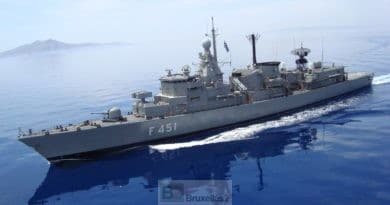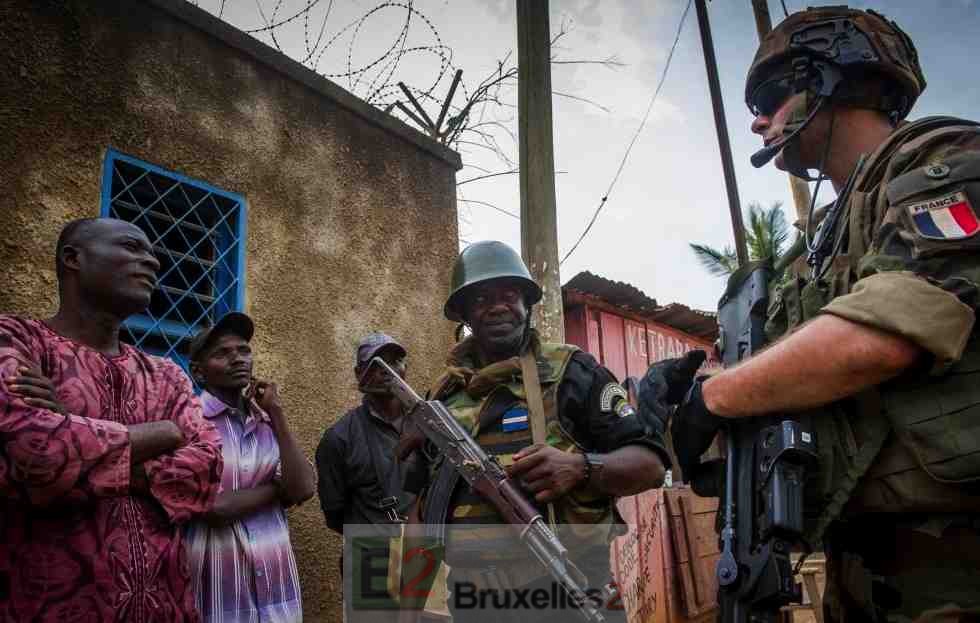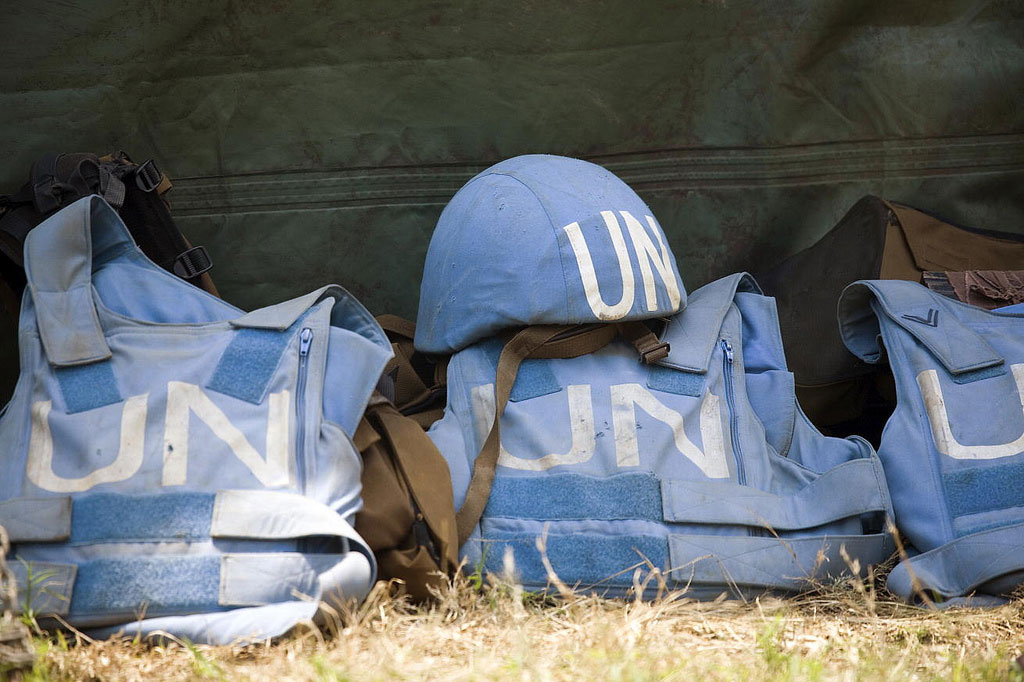Successes and shortcomings. Review of the first six months of EUTM Mali (Lecointre)
(BRUSSELS2) “ The initial level of ambition was very high and we exceeded it ". This is how General Lecointre, head of the European training mission for the Malian army (EUTM Mali), summarizes in one sentence. Passing through Brussels before his departure, the general took the opportunity to review the successes of this mission, as well as the shortcomings that persist according to him. The relay will be provided on the ground by General Guibert (see also: EUTM Mali. A porpoise succeeds a porpoise).
The training mission, a success
The first element of success is first of all the formation of a first battalion " which has joined its deployment zone in Gao and could also deploy in Tessalit ". The "Waraba" battalion is " accompanied by a French assistance detachment which keeps us informed of what is happening on the spot. The French say that the technical, tactical and cohesion level is very strong when only ten weeks of training ". Pledge, according to the general, of the good performance of the formation.
An example of common political will
« The EUTM mission shows that political will makes it possible to iron out many obstacles he explains. If the mission could be set up so quickly, it is thanks to the " strong political will. The Member States wanted to show their support for Operation Serval and wanted to show their approval of France's action ».
A Malian army to rebuild the country's unity
« The Malian army must serve as a melting pot of integration. The future Malian army is a means of bringing together different populations and making them work together. He explains, " In my work I do not enter into ethnic considerations but they arise for me. If only in the language, we use French even if it is not necessarily spoken by all the soldiers”.
The integration of the Tuaregs
Their number is important in the new battalion formed, “ There are 130 to 150 Tuaregs. To guarantee their integration into this battalion, we mix. The goal is to prevent them from forming a separate unit. Six or seven Tuaregs find themselves in sections so that they don't isolate themselves or be isolated. We also mix by seniority ».
The Africanization of Europeans
« The Africanization of our European soldiers during the EUTM mission made them aware of what they had in common ". Maybe Europeans should all take a trip to Mali… 🙂
Gaps in equipment
Despite the successes, there are shortcomings and obstacles. First lack, the equipment. " The main problem is the trucks. The means of transmission are sufficient for the moment. In armament, they lack rifles and snipers. »
At the air level too. Although it is not his domain, the general points out shortcomings. " They will need air mobility as the army will need to be able to move within its territory and deploy ". Lecointre remains optimistic, however, This should improve with the donations which should arrive from the Member States and the efforts of the Malians to equip themselves ».
He also points to a logistical problem, “ Malian soldiers are well paid, compared to the standard of living of other Malians. But they have to stay with their families. And I have no money to restore the barracks ».
Too much internationalization kills efficiency
Often it is considered that the more countries participating, the better. But on the ground it can be different. " Excessive multinationalization is politically beneficial but, on the ground, complicated. " Concretely, " we must avoid too many nations in teams that are too small and too heterogeneous explains Lecointre. And to quote Foch “Since I learned what a coalition is, I have much less admiration for Napoleon ».
Another problem: languages. " They must speak in French. (Today) we pay 40 translators, who translate from English into French, who must first be trained in the basics of military language. All soldiers must also be able to speak English. However, it is not the case ».
One sector per country
One way to do international, without complicating, is to entrust entire training sectors to a country. " You don't need an officer on every team. But let a nation take a formation. This is already the case, the engineers by the Germans, the gunners are trained by the British. But it's not easy because some states can't provide enough men and have several."
A protection force finally closed
« I've had some issues with force protection unit relief. Before it was composed of French and Belgians and since mid-July, the unit is commanded by a Spaniard and composed 50/50 of Belgians and Spaniards. We finally did not have the Benelux option. But a Luxembourg officer and a Dutch officer take part in the command."
A still tense situation
The real progress should not make us forget the fragility which is still very present. " This does not erase everything. For example, we had to cancel the big parade planned for the end of the formation of the first battalion because of the protest of the soldiers against their hierarchy. "For General Lecointre, eternal optimist, " this shows at least that the basic diagnosis is the right one and that the support mission is necessary "...
(Th. Le Bihan)




Comments closed.